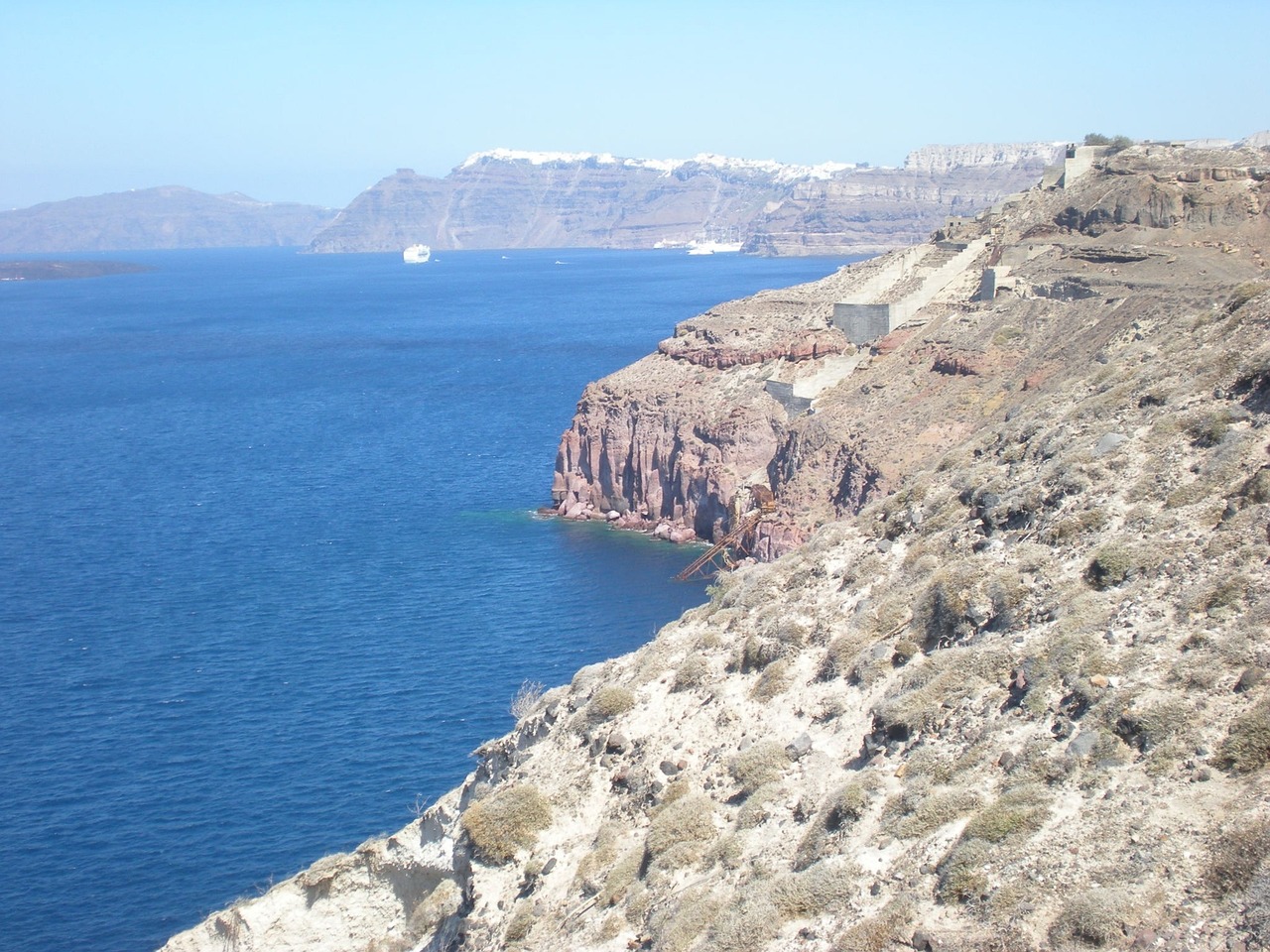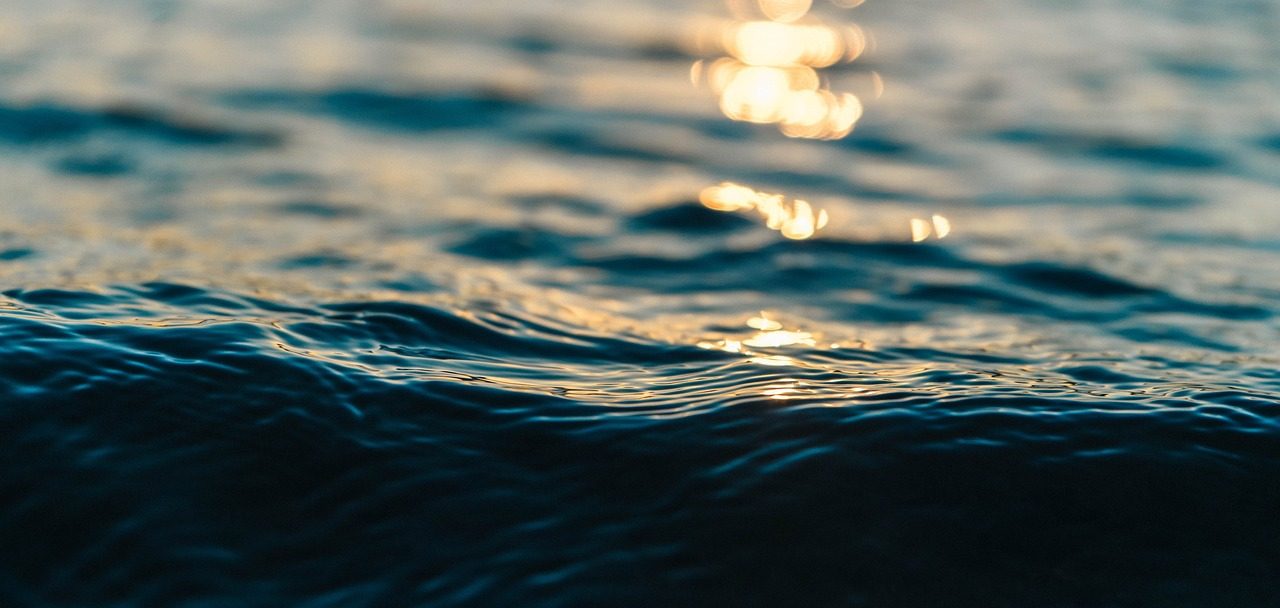
What is UNCLOS?
This page explains what The United Nations Convention on the Law of the Sea (UNCLOS) is. It especially focuses on the jurisdictions for flag States, port States and coastal States (e.g. internal waters, territorial waters, EEZ etc.). This page also analysis the relevant provisions of UNCLOS in relation to enforcement on the High Seas, notably those found in Part XII UNCLOS (especially articles 217, 218, 220 and 228) relating to protection of the environment, those found in Part XI relating to seabed mining and following the BBNJ agreement.
The United Nations Convention on the Law of the Sea (UNCLOS) is an international treaty that establishes a comprehensive framework for governing all aspects of the sea. Thus, often referred to as “The Constitution of the Sea” as it codifies many principles of international law within the subject of The Law of the Sea by balancing the interests of coastal and landlocked States and promoting the sustainable use of the oceans.
UNCLOS, among other aspects, defines the rights and responsibilities of States with respect to their use of the sea (in their capacity as coastal State), including exercising jurisdiction over vessels under their flags (in their capacity as flag State), foreign vessels in port (in their capacity as port State), promoting the peaceful use of marine resources and the protection of the marine environment. UNCLOS also defines different areas of the sea off the coast of a coastal State.
You can read more about the subjects laid out below in my book on UNCLOS. The content of the books is described here: Book About UNCLOS
Coastal State jurisdiction
- Internal waters: Areas on the landward side, for example ports, bays, offshore terminals, etc. A State has (almost) unhindered jurisdiction to regulate within this area, also over foreign vessels.
- Territorial Waters: Extending up to 12 nautical miles from the baseline (coastline), where a coastal State exercises sovereignty. The jurisdiction of the coastal State in this area is subjected to certain limitations, including a right to innocent passage and to transit passage if an international strait is located in the territorial sea.
- Contiguous Zone: Extending 24 nautical miles from the baseline, where a State can enforce laws related to customs, immigration, and pollution.
- Exclusive Economic Zone (EEZ): Extending up to 200 nautical miles from the baseline, where a State has rights to explore and exploit marine resources, do scientific research and adopt protective environmental measures. (However, the latter is subjected to the specific environmental regulations found in Part XII of UNCLOS).
- Continental Shelf: Extending up to 200 nautical miles from baseline but can be prolonged an extra 150 nm to 350 nm if the physical conditions are present. In this area, a State has rights to resources on and below the seabed.

areas outside of jurisdiction
- High Seas: Areas beyond national jurisdiction, not subject to the sovereignty of any State, where freedoms such as navigation, overflight, fishing, and scientific research are available to all States, and activities are governed by international agreements to ensure the protection and sustainable use of marine resources. Also often referred to as “res communis”, the common heritage of mankind.
- The Area: The Seabed, and the resources herein (oil, minerals etc.) located under “High Seas”, i.e. outside the jurisdiction of any coastal State and thus also “res communis”.

flag state and port state Jurisdiction
Flag State jurisdiction:
Article 92 of UNCLOS highlights the flag state principle, a fundamental aspect of maritime law. This principle gives flag States absolute jurisdiction over vessels flying their flag on the high seas. However, this can be problematic if the flag State is reluctant to enforce international (IMO) regulations properly.
While the flag State’s jurisdiction has benefits for enforcing regulations on safety, navigation, manning, and labor conditions, UNCLOS provides exceptions for non-flag States to enforce international environmental laws on the high seas if the flag State fails to do so.
Port State Jurisdiction
Port States has extensive jurisdictional rights within own ports, but also on the high seas for certain environmental violations which encompasses violations of IMO regulations on GHG.
My book, “Enforcing International Maritime Legislation on Air Pollution through UNCLOS”, discusses these exceptions found in Part XII of UNCLOS. These provisions allow port States to impose fines for violations of international (IMO) emission regulations on GHG and sulphur, even for incidents occurring on the high seas.

Protection of the Environment, climate and human health
Protection of the Marine Environment:
UNCLOS allows for extensive protection of the Marine Environment through special regulations in Part XII of UNCLOS entailing provisions with distinct jurisdictions for the protection and preservation of the marine environment, requiring States to prevent, reduce, and control pollution from various sources.
According to Article 1(1)(4) of UNCLOS, marine pollution includes hazards to human health. Therefore, the enforcement of GHG (and SOx, NOx, ODS, and VOCs) regulations under MARPOL Annex VI, aimed at improving human health by reducing air pollution, falls within the scope of Part XII regulations.
This interpretation is supported by IMO’s Legal Committee and ITLOS in Advisory Opinion 31 of May 24, 2024, which confirms that GHG emissions constitute pollution of the marine environment under UNCLOS. For more on this see: https://www.itlos.org/en/main/cases/list-of-cases/request-for-an-advisory-opinion-submitted-by-the-commission-of-small-island-states-on-climate-change-and-international-law-request-for-advisory-opinion-submitted-to-the-tribunal/
The BBNJ Agreement on High seas biodiversity:
The Biodiversity Beyond National Jurisdiction (BBNJ) agreement, also known as the “High Seas Treaty,” is a supplementary agreement under UNCLOS.
The fully name of the BBNJ agreement is: “The Agreement under the United Nations Convention on the Law of the Sea on the Conservation and Sustainable Use of Marine Biological Diversity of Areas beyond National Jurisdiction”
It focuses on the conservation and sustainable use of marine biodiversity in areas beyond national jurisdiction. The BBNJ agreement addresses the establishment of marine protected areas, environmental impact assessments, capacity-building, and the sharing of marine genetic resources, enhancing the overall framework of UNCLOS for the protection of ocean biodiversity. The agreement was adopted on 19 June 2023 by the Intergovernmental Conference on Marine Biodiversity of Areas Beyond National Jurisdiction at the United Nations (UN) For more on this see: https://www.un.org/bbnjagreement/en
Deep Seabed exploration
in the area:
UNCLOS governs the exploitation of mineral resources in the deep seabed, known as “the Area,” which lies beyond national jurisdiction.
The International Seabed Authority (ISA) oversees activities in the Area, ensuring that resource exploration and exploitation are carried out for the benefit of all humanity, with a focus on environmental protection and equitable sharing of benefits.
For more on this see: https://www.isa.org.jm/

Other aspects of UNCLOS
Exploitation of
marine resources :
UNCLOS also provides a legal framework for the exploitation of marine resources, fishing (including fishing on the high seas), and minerals. It outlines conservation measures to protect the marine environment as seen in Annex I of UNCLOS regarding “Highly Migratory Species”.
Scientific Research: :
UNCLOS regulates marine scientific research, promoting the sharing of knowledge and technology while respecting the jurisdiction of coastal States.
Dispute Resolution (ITLOS):
UNCLOS establishes mechanisms for resolving disputes between States regarding maritime boundaries, navigation, and resource rights through the International Tribunal for the Law of the Sea, (ITLOS) arbitration, and the International Court of Justice.
You can read more about ITLOS here: International Tribunal for the Law of the Sea: Latest News (itlos.org)